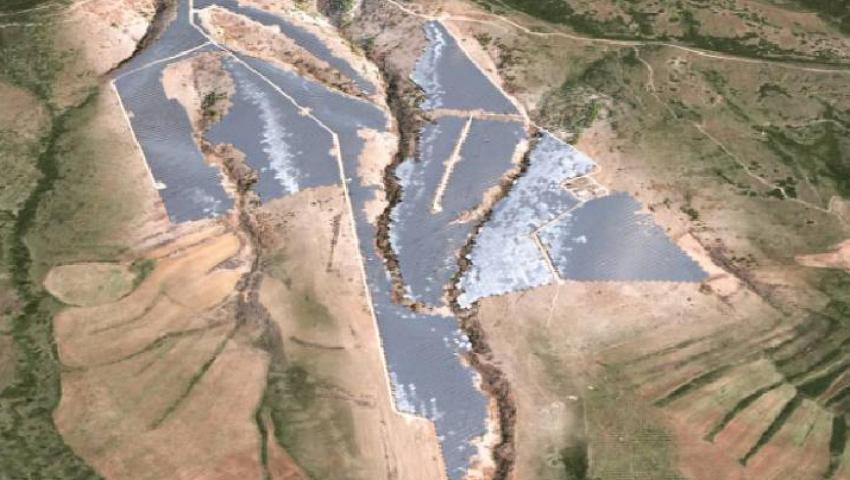SUNOTEC is building solar parks with a capacity of 2.3 gigawatts

source: SUNOTEC
Last year, SUNOTEC delivered photovoltaic projects with a capacity of about 2.3 gigawatt peak (GWp). In comparison, the whole of France built solar plants delivering 2.7 GWp in the same twelve month period. 2022 turned out to be the most successful year in the company's history, as the market leader in the construction of ground-based photovoltaic plants connected more than 70 new solar parks to the grid in Europe, the Munich and Sofia-based company said.
"2022 showed us the extent to which war, the climate crisis and the uncertainty of energy supplies affect modern society," says SUNOTEC CEO Bernhard Suchland. "At the same time, it became clear what a positive difference the solar industry can make."
Kaloyan Velichkov, founder and CEO of SUNOTEC, agrees: “We at SUNOTEC are proud of our permanent workforce, which now numbers more than 1,000 employees, as well as our own fleet of more than 400 specialized machines and vehicles, that allow us and our company to make such a great contribution.”
He points as an example to the largest solar power plant in Bulgaria, which SUNOTEC is building at the foot of Verila Mountain, about an hour's drive south of the capital Sofia. This photovoltaic project alone will increase the production of photovoltaics in Bulgaria by 12 percent. The Verila plant consists of 220,230 solar modules that will deliver a peak of 124 megawatts. The planned completion date is sometime in the spring of 2023.
Construction of solar parks even on difficult terrain
"With the total capacity installed by the industry last year, the world has taken another big step towards green energy security," says SUNOTEC CEO Bernhard Suchland. “However, this may just be the beginning. The Federal Grid Agency recently said that for Germany alone we need to bring an additional 1.5 gigawatts of solar power online each month if we are to meet the national government's target of 215 gigawatts by 2030. We can only achieve this if we increase mass deployment across all types of installations.'
Such enormous growth in a relatively short time is only achievable if the land for solar plants is used as efficiently as possible, explains founder and CEO Kaloyan Velichkov. In the case of solar parks, this ranges from former agricultural fields, where native wild plants are sown between and under the modules for more biodiversity, to the use of land that presents natural obstacles to agriculture: “At the Verila Solar Park in Bulgaria, for example, we deal with hilly terrain that is sometimes as steep as 18 degrees.”
SUNOTEC's ability to register even greater growth in the number of gigawatts installed in 2023 depends on factors such as supply chains and approval procedures, says CEO Bernhard Suchland: "But we are very positive about our outlook and, moreover, highly motivated after last year's results.” The first solar parks to be completed in 2023 include Doellen, Germany (91 MWp), Bubney, UK (40.4 MWp), Groot Roodehaan, Netherlands (33.3 MWp). Many more are under construction.
SUNOTEC is the market leader in Europe in the construction of ground-based photovoltaic plants. Based in Sofia (Bulgaria) and Munich (Germany), the company currently employs more than 1,000 people. With more than 400 solar power plants already built and connected to the grid (a total capacity of 6.3 GWp), SUNOTEC makes a significant contribution to a sustainable and green energy mix in Europe, Africa and the Middle East.
